The Morning Call
Ethiopia had already begun forging ways to solve its land-lockedness, expensive projects even for eastern Africa’s largest economy. Now that there is quick and natural access to the sea what becomes of the projects and the debt they have already put the country in?
For over a week now the horn of Africa has been jubilating over renewed relations between Eritrea and Ethiopia.
Leaders of both countries have exchanged symbolic state visits following the announcement of the peace treaty.
More than thawing long and deadly political relations, Isaias Afwerki, the independence president of Eritrea and Abiy Ahmed, Ethiopia’s reformist leader have opened doors for investment, trade and room for economic improvement in the two nations.
On Monday we witnessed the reopening of the Eritrean embassy in Ethiopia, still intact after years of gathering dust.
With the normalized relations, there are plans to reopen roads to some on-land ports.
And in fact the first passenger flight in Ethio-Eritrean airspace is scheduled for today after twenty years and two months. Ethiopian Airlines projects to save 100,000 US dollars on average by using Eritrean airspace and will have a 20% share of Eritrean Airlines according to the spokesperson of the Ethiopian ministry foreign affairs.
Today’s flight is set to carry 465 passengers. Normally a ticket goes for 24,000 Ethiopian birr about 800 dollars but prices have risen to over 31,000 birr.
The multi-faceted analyst, Aly-Khan Satchu joined me on phone to weigh in on the matter. Watch out for the full interview.




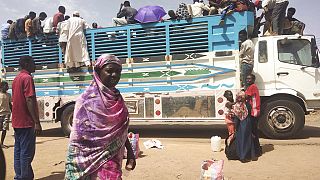
![Africanews celebrates fifth anniversary [Night Shift]](https://static.euronews.com/articles/stories/05/57/72/74/320x180_cmsv2_6b1e7837-a917-526b-b3b4-4582a3f8bcac-5577274.jpg)
![Africanews celebrates fifth anniversary [Morning Call]](https://static.euronews.com/articles/stories/05/57/72/70/320x180_cmsv2_a6c857d4-80a3-510a-88e6-f060ea8d9ee9-5577270.jpg)
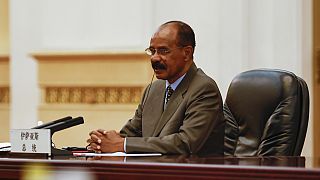
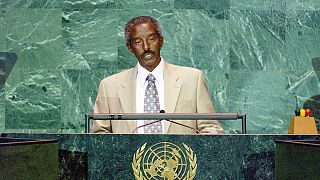

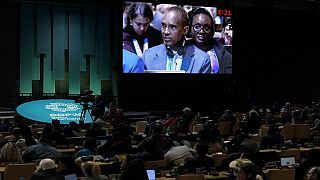
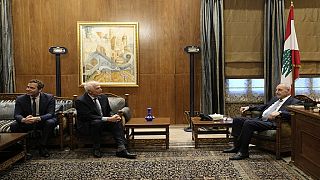

01:37
Record participation at 24th Sofi Great Ethiopian Run
00:58
Somaliland opposition leader wins presidential poll
01:44
Mauritius heads to the polls in wake of wiretapping scandal
11:07
Botswana's new government races to diversify its economy {Business Africa}
02:19
Botswana: UDC supporters celebrate election win
11:07
Benin: Tapping the potential of luxury tourism [Business Africa]